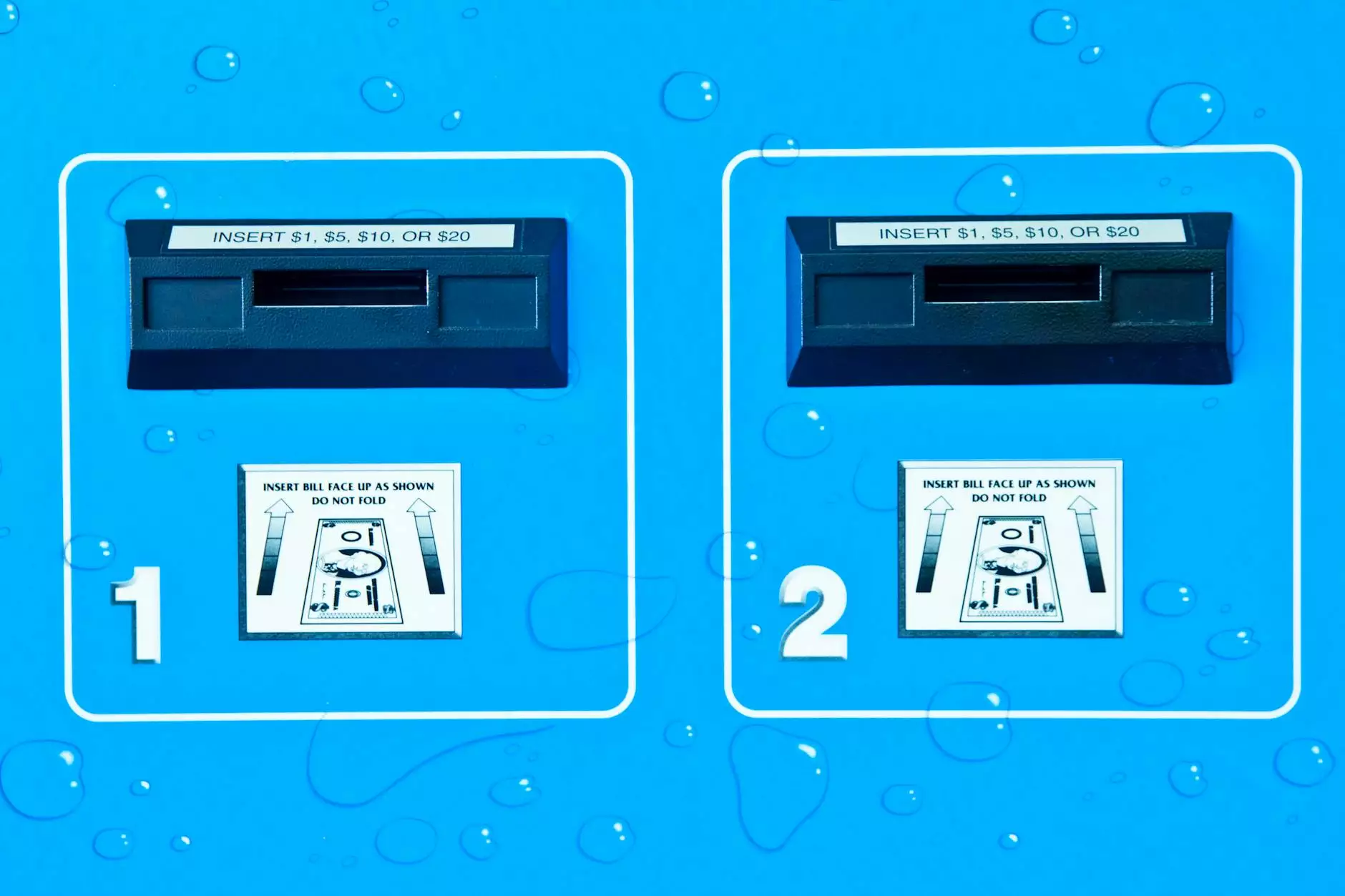Emergency Medical Service Billing: The Backbone of Healthcare Financing

Understanding Emergency Medical Services (EMS)
The emergency medical services (EMS) system is a vital component of the healthcare system, providing pre-hospital medical care and transportation for patients experiencing medical emergencies. The operational efficiency of EMS relies heavily on effective billing procedures, which ensure that all services rendered are adequately compensated. In this article, we will delve into the intricacies of emergency medical service billing, its significance, challenges faced, and innovative strategies for optimizing revenue cycles.
The Importance of Emergency Medical Service Billing
Billing in the EMS sector is not just about collecting payments; it’s about maintaining the financial health of emergency services to guarantee their availability for those in need. Effective billing processes help to:
- Ensure Financial Stability: Timely billing and collections help sustain EMS operations.
- Support Quality Care: Revenues generated from billing directly fund essential equipment, training, and staff.
- Enhance Patient Experience: Transparent billing practices improve trust and satisfaction among patients.
- Facilitate Compliance: Proper billing methods ensure adherence to healthcare regulations and payer requirements.
The Process of Emergency Medical Service Billing
The emergency medical service billing process comprises several critical steps:
1. Patient Information Collection
Upon arrival at the scene, EMS personnel collect necessary patient information, including insurance details and medical history. This information is essential for accurate billing and ensures that the service can be reimbursed correctly.
2. Documentation of Services Rendered
Thorough documentation of the services provided during the emergency is crucial. This includes the nature of the emergency, the treatments administered, and any supplies used. Accurate documentation supports coding and billing processes.
3. Coding Services
Every service provided by EMS is assigned a specific code using the Current Procedural Terminology (CPT) coding system. These codes must be accurate to avoid complications in reimbursement.
4. Claim Submission
After coding, claims are submitted to the appropriate insurance providers or government payers for payment. Ensuring that claims are submitted correctly and promptly is vital for maintaining cash flow.
5. Payment Follow-Up
Once claims are submitted, billing departments must actively follow up on unpaid or denied claims, ensuring that payments are received. This often involves appealing denials and addressing any discrepancies in billing.
Challenges in Emergency Medical Service Billing
Despite its importance, emergency medical service billing is fraught with challenges:
1. Complex Regulations
The landscape of healthcare regulations is ever-changing, requiring EMS providers to stay current with procedures, compliance requirements, and payer policies.
2. Insurance Discrepancies
Insurance companies often have varying protocols for claim submissions, which can lead to confusion and errors. It is crucial for EMS billing specialists to understand these nuances.
3. High Denial Rates
Denial of claims is a common issue in the field, which can lead to revenue loss. Strategies such as regular training and audits can mitigate these challenges.
Best Practices for Effective Emergency Medical Service Billing
To overcome challenges and ensure efficiency in billing processes, EMS organizations can implement several best practices:
- Invest in Training: Regular training for billing staff on the latest coding practices and insurance requirements can reduce errors.
- Utilize Technology: Implementing billing software that automates claims submissions can speed up the process significantly.
- Focus on Documentation: Emphasizing proper documentation in the field can enhance claim accuracy.
- Regular Audits: Conducting periodic audits of claims and billing practices can help identify areas for improvement.
Innovations in Emergency Medical Service Billing
The world of emergency medical service billing is evolving with technological advancements and innovative practices. Below are some emerging trends:
1. Telehealth Integration
Incorporating telehealth into EMS billing can improve the overall patient experience, allowing remote consultations and reducing unnecessary transports.
2. Real-time Data Analytics
Using data analytics tools can provide insights into billing operations, helping organizations make informed decisions and improve billing efficiency.
3. Patient-Centric Billing Solutions
Introducing patient-friendly billing practices, such as clear breakdowns of services and flexible payment plans, can enhance patient satisfaction and encourage timely payments.
The Future of Emergency Medical Service Billing
Looking ahead, the field of emergency medical service billing will undoubtedly continue to evolve. Here are key factors that could influence its future:
1. Policy Changes
As healthcare policies shift, EMS providers will need to adapt their billing practices to comply with new regulations and reimbursement models, such as value-based care.
2. Increased Transparency
The push for greater transparency in healthcare costs is likely to affect how EMS bills are structured. Simplifying bills will be essential for patient understanding and trust.
3. Enhanced Collaboration Between Providers and Payers
Fostering better relationships between EMS providers and insurance companies can lead to streamlined billing processes and improved outcomes for all stakeholders involved.
Conclusion: The Essential Role of Emergency Medical Service Billing
In conclusion, emergency medical service billing plays a pivotal role in maintaining the healthcare infrastructure that supports effective emergency care. By prioritizing billing efficiency, compliance, and innovation, EMS organizations can ensure that they are equipped to respond effectively to emergencies while sustaining their operations financially. The future looks promising as technology and new practices pave the way for better billing processes, ultimately leading to improved patient care and service availability.
At medesunglobal.com, our mission is to enhance the effectiveness of medical billing practices. By embracing innovations and staying ahead of industry trends, we aim to support EMS organizations in their critical role in the healthcare continuum.









